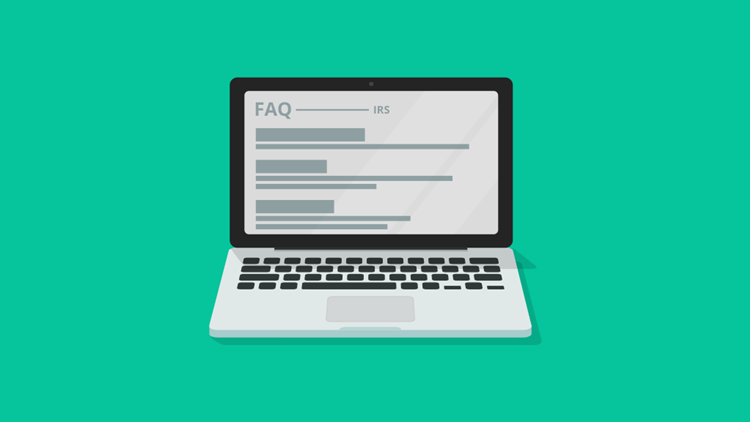
The Internal Revenue Service has updated its online information with the aim of helping individual taxpayers qualify for Economic Impact Payments (EIPs) if they didn’t already get one.
The agency says it has updated its frequently asked questions (FAQs) on the 2020 Recovery Rebate Credit, which is available for taxpayers who didn’t receive the full amounts in the first two rounds of the Economic Impact Payments.
The first and second rounds of EIPs—sent out in 2020 and early 2021—were advance payments of the Recovery Rebate Credit, claimed on a 2020 tax return.
Taxpayers who missed out on the first or second stimulus payment need to look over the new updated FAQs and see if the new information helps them determine their eligibility and if they need to claim the Recovery Rebate Credit for the 2020 tax year.
If the answer is yes, the taxpayer can either file a 2020 return if they have not filed yet; or they can file an amended return if they’ve already had a 2020 return filed and processed.
A word about reliance and FAQs
The IRS also makes a point to tell taxpayers not to rely too heavily on frequently asked questions when it comes to formal IRS actions such as Tax Court. Instead, the agency advises, FAQs are there to help taxpayers with general information—rather than case-by-case guidance. That, they say, should be found in the Internal Revenue Bulletin.
The Bulletin is the go-to source where official rulings and procedures of the IRS are announced. It also carries Department of the Treasury decisions, executive orders, tax conventions, legislation, and other tax items of interest.
Frequently asked questions, on the other hand, are a valuable resource because they can get things like tax changes before the public quickly.
The IRS recognizes this can put taxpayers in the middle, so the agency has decided that a taxpayer who relied on guidance of an FAQ—and their reliance was based on facts—won’t be penalized where there’s a reasonable cause standard for relief. This includes a negligence penalty or some other penalty involving accuracy where there’s an underpayment of tax.
For more on reliance, or the Recovery Rebate Credit, visit IRS.gov.
Sources: IR-2021-246; “General Overview of Taxpayer Reliance on Guidance Published in the Internal Revenue Bulletin and FAQs“
